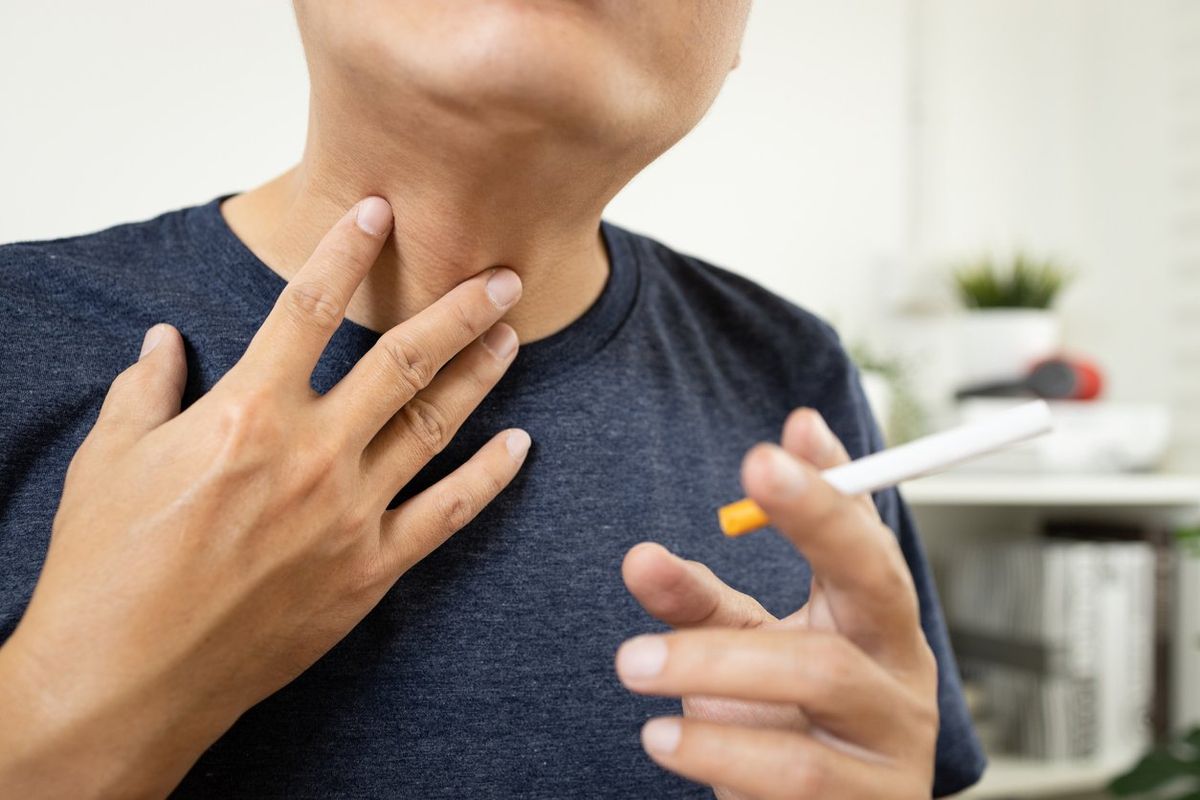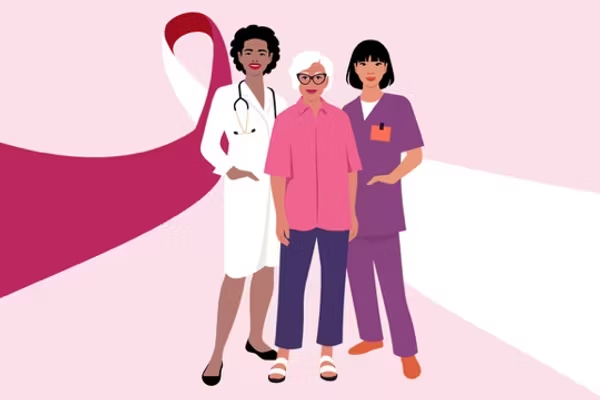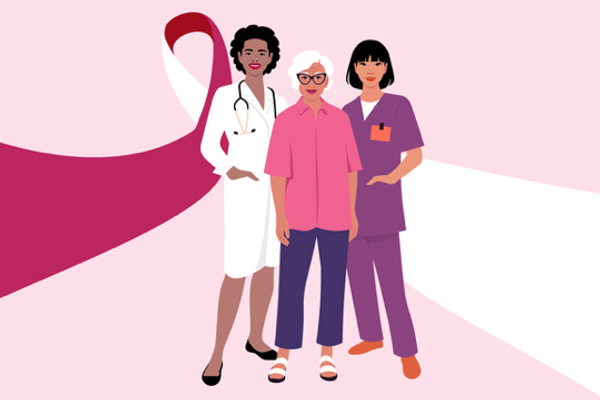Over the past 20 years, the number of esophageal cancer diagnoses has increased by more than 400 percent. The diagnosis is often deadly because it can go undiagnosed into the late stages, and, believe it or not, the most common type is usually caused by something as common as persistent heartburn.
If you're wondering how to decrease your esophageal cancer risk, follow these tips:
1. Exercise
Doesn't it seem like exercise is on every disease prevention list? It's a miracle-worker here, too. Physical activity reduces the risk of being overweight or obese, both of which can make gastroesophageal reflux disease and heartburn symptoms worse. A recent meta-analysis that analyzed four studies found the risk of esophageal cancer was 19 percent lower in the most active people compared with the least active. For esophageal adenocarcinoma, a specific type of malignant tumor, risk was 32 percent lower. The researchers concluded that obesity can increase the risk of esophageal cancer through high insulin levels and chronic inflammation, which exercise helps control.
2. Don't ignore symptoms
If you have frequent heartburn, don't just pop an antacid and go about your day. Talk to your health care provider about your symptoms. Your health care provider can diagnose any major issues, like Barrett's esophagus, which increases the risk of cancer, and can prescribe medications that can effectively treat symptoms.
3. Quit smoking
Smoking does nothing good for your health, and it's no different when it comes to esophageal cancer. Tobacco smoke is a known carcinogen. It can also inhibit saliva production, which your body needs. Saliva is a natural alkaline antacid that keeps your stomach and esophagus healthy.
4. Don't lie down after eating
Lying down after a meal may seem harmless, but doing this can make heartburn worse, particularly if you have gastroesophageal reflux disease (GERD), also known as acid reflux. The valve between the stomach and esophagus doesn't work properly in those who have this condition, and when you're lying down, it can allow the contents of the stomach to seep into the esophagus. Wait a while before going to bed after dinner or taking a nap after lunch.
5. Sleep with your head elevated
Because the contents of your stomach can get backed up into your esophagus when you lie down, it helps to sleep with your chest and head elevated to prevent the problem. Raise the head of your bed 6 to 8 inches or use pillows or other products to find a comfortable elevated position.
6. Avoid or limit alcohol
Alcohol can irritate the esophagus and cause inflammation, which can worsen heartburn or GERD symptoms. Cut back on the amount you drink, and don't drink and smoke, which can cause serious damage to your esophageal tissues.
7. Don't assume anything if your symptoms stop
If you've experienced heartburn or GERD symptoms persistently and they suddenly stop, it's not necessarily a good thing. It could mean that your esophagus has undergone changes that could lead to cancer, so get a checkup from your health care provider.






